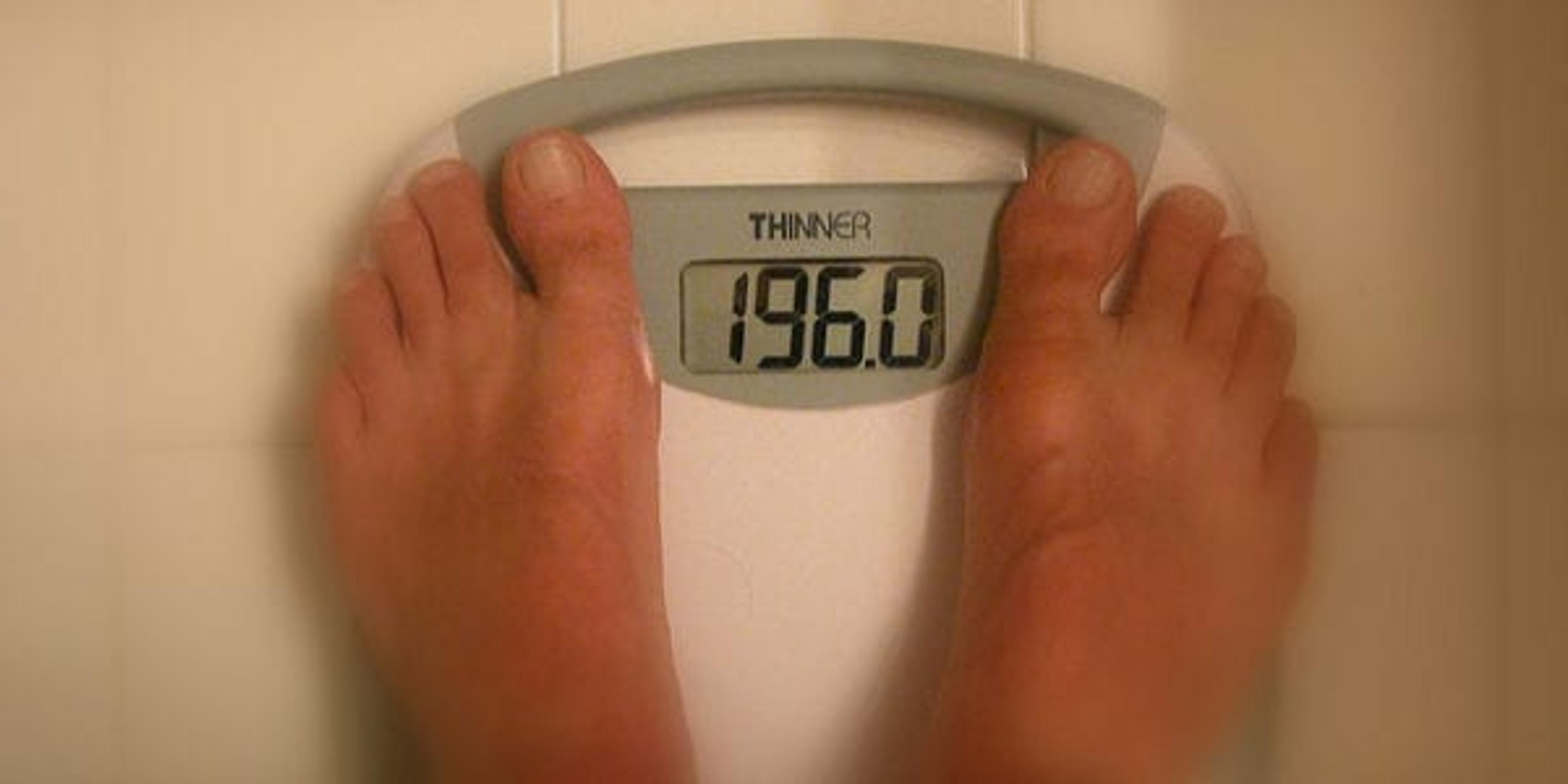Burning fat vs. burning calories – what’s the difference?
| 2 min read

Torch calories, burn fat…you hear these buzz words mentioned all the time in regards to weight-loss plans and devices. They seem to be used almost interchangeably, but there is a slight difference between burning fat and burning calories. And it’s important to understand the nuance if you want to achieve your weight-loss goals.
Your body draws energy from both calories and fat to power everything you do: walking the dog, unpacking groceries, even thinking and sleeping. However, the energy burn follows a very specific order that’s pivotal to weight loss. Calories from food and drink either get used immediately or turned into energy reserves, which are stored in fat cells. When you’re active, your body draws on recently consumed calories for fuel, and only taps into its stored energy supply (fat) once the available calories have been depleted.
In other words, the difference between burning calories and burning fat depends on the type of fuel your body is using. If you don’t work out for long enough or have eaten too much recently, your body will never get to the fat-burning stage. The takeaway is that if you want to burn fat, you have to consume fewer calories than you use in a day. You can do this by exercising more, eating less or a combination of both.
If you want to hit the fat-burning stage sooner, these fat-burning foods can help stoke your metabolism:
- Whole grains
- Lean meats
- Low-fat dairy products
- Green tea
- Lentils
- Hot peppers
Photo credit: Jack Lyons





